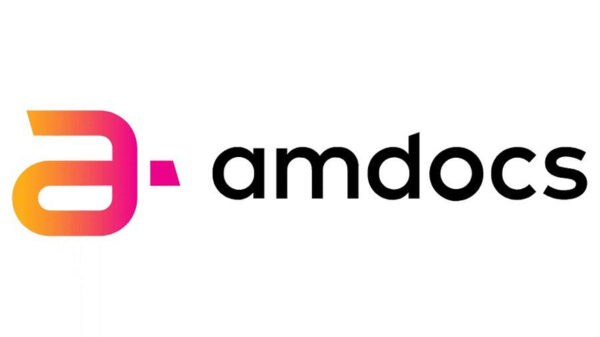 By Maya Barkay, Product Marketing Manager, Mobile Financial Services at Amdocs
By Maya Barkay, Product Marketing Manager, Mobile Financial Services at Amdocs
A staggering 75 percent of consumers residing in developing countries live their lives without formal financial services. Many are unable to enjoy the financial security and convenience experienced by their “banked” counterparts. In the Philippines alone, Bangko Sentral ng Pilipinas (BSP) statistics show that about 36.5% of the 1,634 cities and municipalities remain without banks.
As a result, the unbanked are forced to rely on high interest rate loan sharks or payday lenders who charge as much as 66 percent to 122 percent per annum in interest. The unbanked then gets trapped in a vicious cycle of credit that can quickly lead to insurmountable debt.
To break free of the debilitating cost of credit and to make financial services more inclusive for Filipinos, it is crucial for mobile money to reach the unbanked.
Who will bridge the gap?
Enter the mobile money agents. These are the people who handle the transactions between the consumers and the mobile financial services (MFS) providers.
Think sari-sari store owners, prepaid load resellers, informal money lenders and mini-mart staff. Their diverse backgrounds create a need for MFS providers, usually telcos, to screen the agents based on a specific set of criteria. These include motivation; comfort with technology; ability to conduct transactions on behalf of consumers who do not own a mobile wallet; business capabilities; size of customer base; and whether they’ve developed personal relationships with their customers.
To gain insight that will assist mobile financial services providers in evaluating agent potential, Amdocs, the leading provider of customer experience solutions, conducted 43 interviews across four regions to come up with an ‘agent readiness index score.’
Amdocs found that airtime resellers who are certified by a network operator have the greatest potential for partnerships. This is due to their high motivation, tech-savviness, wide distribution networks, and time availability to introduce customers to mobile banking.
Next are the sari-sari store owners. Immersed in their local neighborhoods, these agents have personal relationships with their customers. But their businesses are typically unlicensed and they possess little or no bookkeeping processes. Until they legalize their businesses and use proper accounting practices, they will find it hard to join the MFS ecosystem.
Informal money lenders present similar concerns, as well as having low technology adoption rates.
With widespread distribution networks, centralized point-of-sale infrastructure and established bookkeeping processes, mini-mart staff scored high in the index, albeit with several drawbacks. As low-level employees, they lack the motivation to take on extra tasks. But more crucial, they lack the one-on-one customer focus that is needed to provide a satisfactory customer experience.
Empowered agents are motivated agents
Based on Amdocs’ research, there is basis for an agent-centric approach using incentives that promote buy-in to the MFS business. These incentives are:
Profitability: Agents require a viable and transparent commission structure. Their concern is the capacity of the venture to return reasonable profit.
Social status: Elevated social status opens the door to community privileges, as well as providing the ability for agents to promote their own business. It also enables forming close personal relationships with customers and other agents.
Simple transaction execution: Unbanked people are uncomfortable about using technology. In many cases, agents must help to complete the transactions. The MFS that agents support must be reliable and easy to use.
Technology assurance: This fundamental enabler provides transparency through convenient bookkeeping processes and tools, while building user trust.
Bringing it together
Successful agents are individuals who are well respected in the community, considered trustworthy and have regular customers. At the same time, they are entrepreneurial minded and inspired by new business ventures.
MFS providers must provide agents with the right incentives, including low entry costs, technology and promotional training, and support when needed. When they do so, they will be well positioned to drive ecosystem growth and capture market share.













































































































